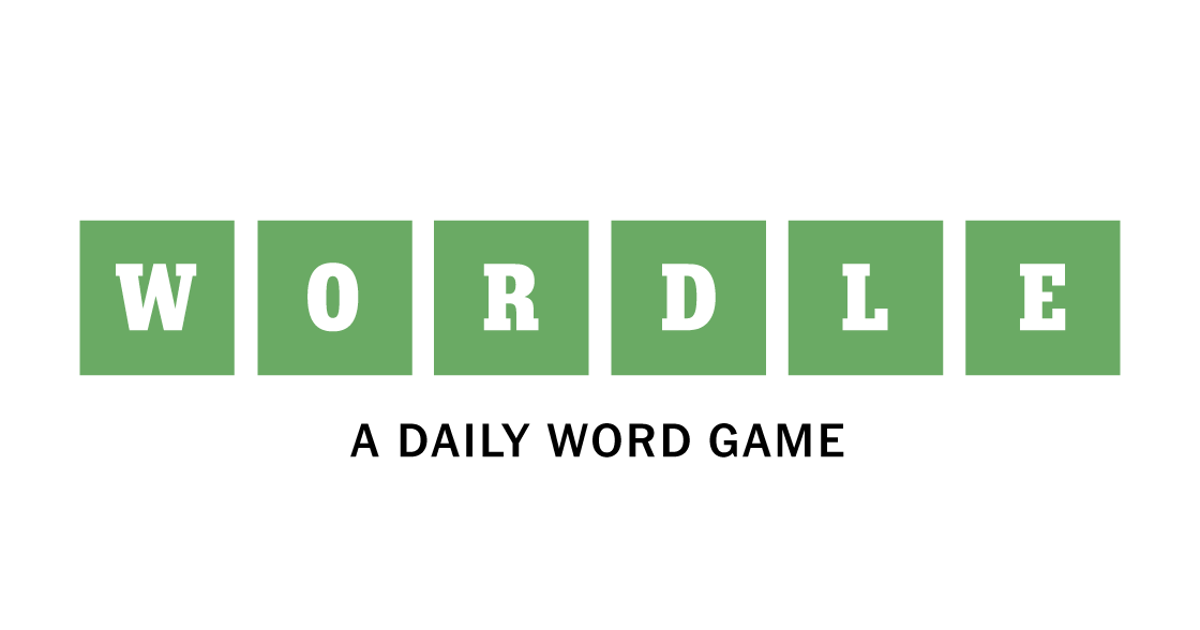

Well they said themselves why there is not a focus on desktop apps: web apps work well. I use proton calendar for my personal calendar. For work I use outlook. For both I access via phone apps or web browser on my desktop.
The big problem with calendar desktop apps is not the apps, it’s how they sync and share. You have either ICS or caldav.
The biggest problem is Microsoft Office. It partially supports ICS and is a nightmare to work with Exchange calendars. Most Microsoft clients (84% apparently) are hosted in Microsoft cloud services, and Microsoft is removing EWS support in 2026 (which Thunderbird is working to support). Microsoft’s own Graph api for cloud access is limited preventing some basic desktop features.
So existing calendar software is fine if you use good services that support standards. Its bad if you’re locked into the proprietary Microsoft ecosystem. Mac calendar tools will hit the same problems in 2026 when EWS support is dropped.
There is basically no incentive to work on these tools with Exchange because its a deliberately walled garden. But Thunderbird and other desktop calendar apps are decent, they just don’t support Outlook/Exchange.
Its on businesses to challenge why Microsoft keeps their data walled within a proprietary system. Security may be an argument but that’s a little flimsy when you see how very senior outlook accounts have been accessed by hackers and Microsoft has been keeping it quiet. Theyve only started contacting people now to tell them their emails maybhave been accessed after a major hack last year. And were talking CEO level account access.


I disagree - Outlook is a walled garden of closed standards, and it makes users vulnerable to the whims of Microsoft or dependent entirely on their office ecosystem.
The recent outlook hack with senior accounts hacked and only being informed by Microsoft of the hack 1 year later is a good example.
Outlook is superficially good but essentially big businesses and organisations are locked in to a proprietary system for email and calendars and entirely reliant on Microsoft to keep their data secure.
I’m actually surprised Antitrust laws aren’t used to break up the Office 365 monopoly. Only the teams integration is being challenged but the tight integration between Outlook, Office and OneDrive is monopolistic. Other services could integrate in the same way if Microsoft was forced to open up its APIs, which would be good for competition and customers.
At the moment you pretty much have to go all in with Office or forgo major integration benefits if you want to use different cloud or mail services. Why do you need 1 single provider for office software, mail and cloud storage?